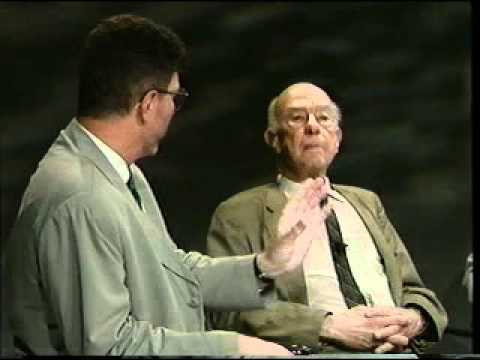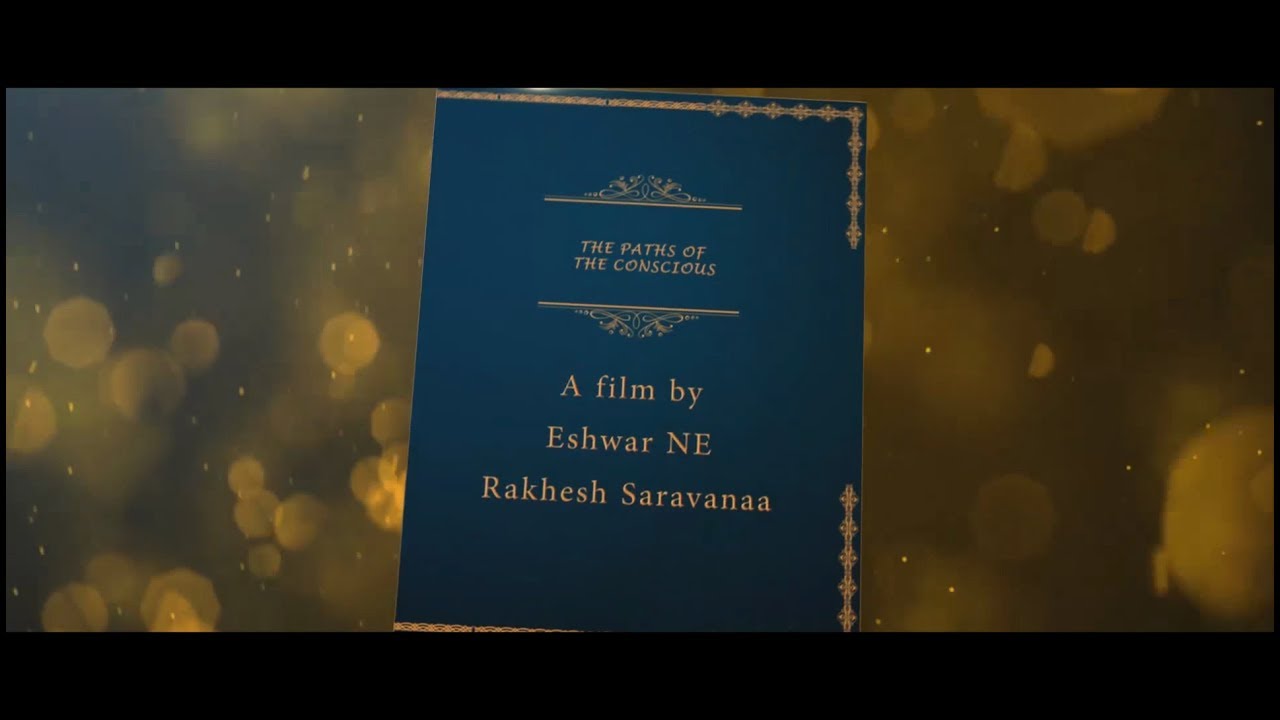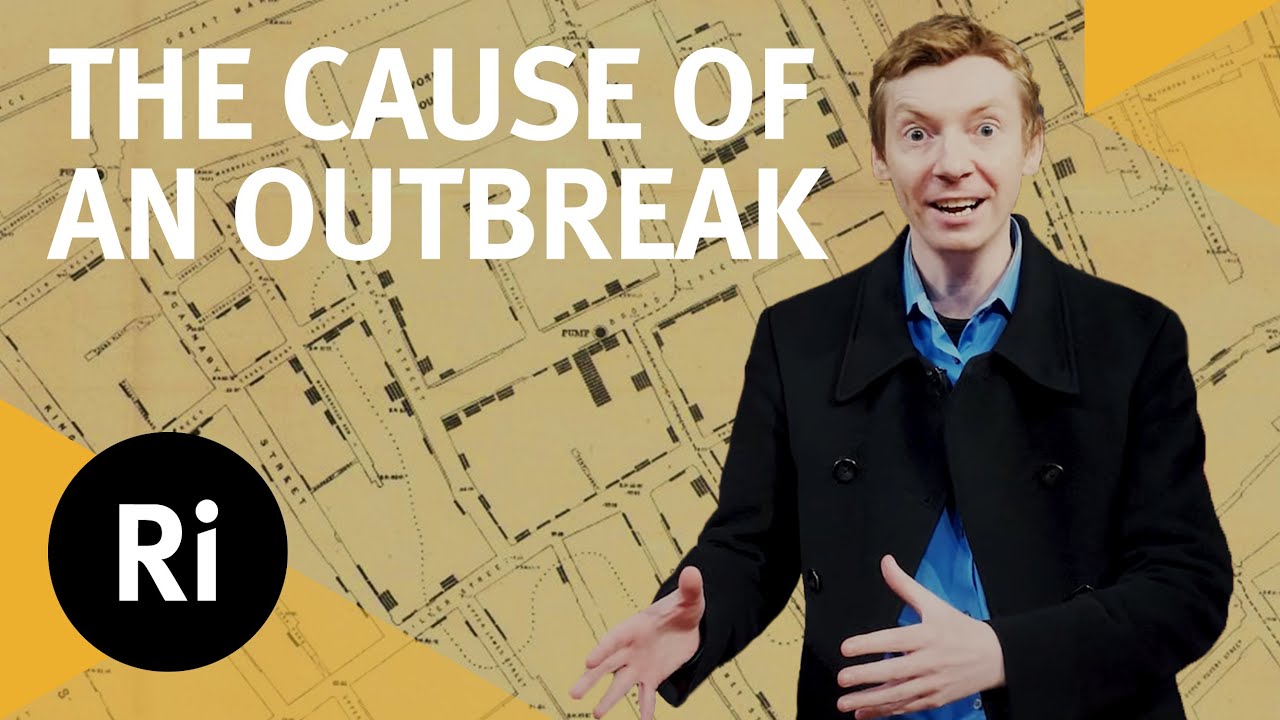flame0430
Willard Van Orman Quine, Professor Emeritus at Harvard University, has been described as the “greatest living English-speaking philosopher”. In this series, he takes part in an in-depth personal interview, and a penetrating analysis of his life’s work in six panel discussions with some of today’s leading philosophers. In discussions with some of today’s leading philosophers. In discussions on his most important theses, Quine defends his views against the major criticisms—past and recent—to bring his position right up-to-date.
The Dennett Panel
Daniel C . Dennett is Distinguished Arts and Science Professor and Director of the Centre for Cognitive Studies at Tufts University. Although his areas of specialization are cognitive sciences, philosophy of mind and philosophy of psychology, he has published on most philosophy topics. Professor Dennett has also brought his work to a wider audience, most notably with The Mind’s Eye, co-authored with Douglas Hofstadter, and his bestselling Consciousness Explained.
The main objective in this program is to provide an overview of Professor Quine’s major philosophical doctrines, and to invite him to comment on how he views thee doctrines now. The areas considered include his early association with logical positivism, his notorious skepticism about meaning, his stance on epistemology and ontology, and his characterization of philosophy as part of, or continuous with science.
Source




On the basis of probabilities, anything imagined is plausible. On evidence, William expresses in plausabilities, in the likelihood of something being true. His assertions don't present the evidence, just of the notion of it being true. Reasoning in plausibilities presses a part of philosophy deep into the bosom of the arts. Science deals with the testing of the natural physical world. The methodologies of science require testable & repeatable experiments. Mr. Quine is expressing as a poet.
Surely every child learning their first language can do the trick of finding the meaning of the words by watching, listening and interacting with users of the language.
you're conflating meaning with meaningfulness.
Quine's critique of Chomsky is very thin.
These are delightful, thanks for posting.
This does not imply that knowledge aggregates, like psychology's dependency hypothesis or even history, are indeterminant. To make this claim, the linguistic variability at micro-levels would have to scale linearly at the combinatorial level. Homer or Sartre, in different translations, will have different sentences. But readers will usually learn the writer's important meanings from any accurate translation. Meaning variability is not scale neutral. It increases in frequency as scale shrinks.
Beyond fuzzy ambiguity or sloppiness, or communication transmission, more variability is unusual or an effort to lie. This isn't indeterminacy, but alternate intention or performance failure. Otherwise, language variability remains granular, perhaps the degree family siblings differ in physical appearance. The different ways an idea can be expressed, given speakers express the same idea, bears a family resemblance.
uine absurdly refutes Chomsky. Modern philosophy follows ideas down rabbit holes into absurdity. Quine: meaning is indeterminate. He doesn't isolate where this applies, wants it universal. In fact, indeterminacy is at fine-structure. Meaning expresses with different words in different arrangements. Not any words in any arrangement. Variability constrained or relaxed on purpose, to avoid single interpretation, or to make one interpretation obvious.
Quine's criticisms of Chomsky are thin perhaps, but if you look at the extensive literature on the matter, Chomsky always misunderstands Quine's thesis, and so HE never well motivates a rejection of Quine's thesis.
Interestingly, towards the end of this clip, Quine actually acknowledges that Universal Grammar (UG) is a reality. He calls it 'linguistic readiness'. But, he says, the fact that twins raised in different language environments will acquire different languages shows that language is learnt by observing the behaviour of other people. Thus, he fails to understand that Chomsky is talking about 'i-language', i.e. language as a computational cognitive system that is internal to an individual. Chomsky is not concerned with the way an English-speaking person learns Chinese, or some other language. That's not what linguistics is about. Rather, Chomsky is interested in the principles underlying the ability of any child to learn any language. What Quine calls 'linguistic readiness' is not some trivial phenomenon, as he seems to imply, but at the core of what language is all about. So, Quine doesn't disagree with Chomsky, he simply has a different idea of what is the nature of language. In that, he is missing the point in a rather spectacular fashion.
What's the big deal? Isn't this just Wittgenstein?